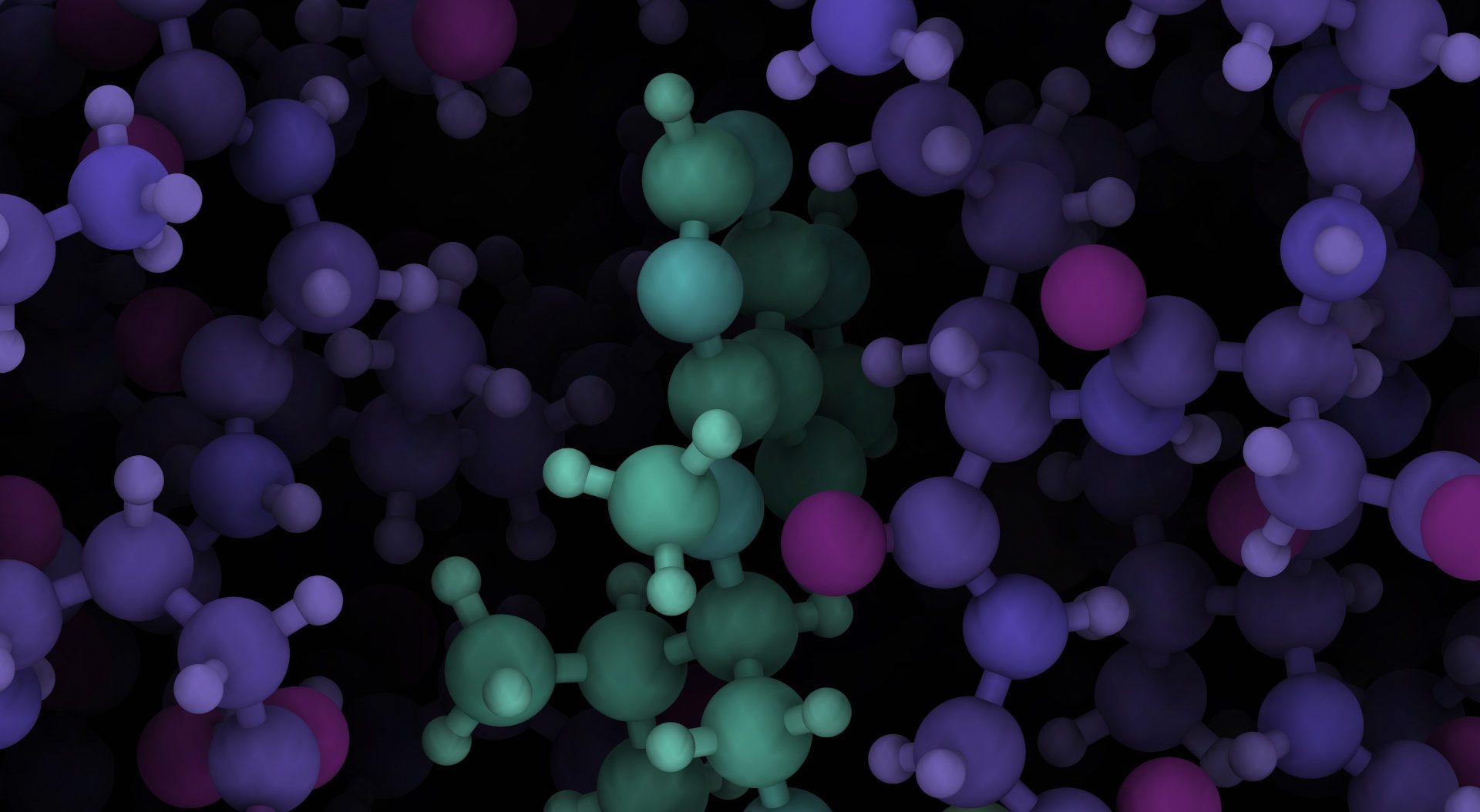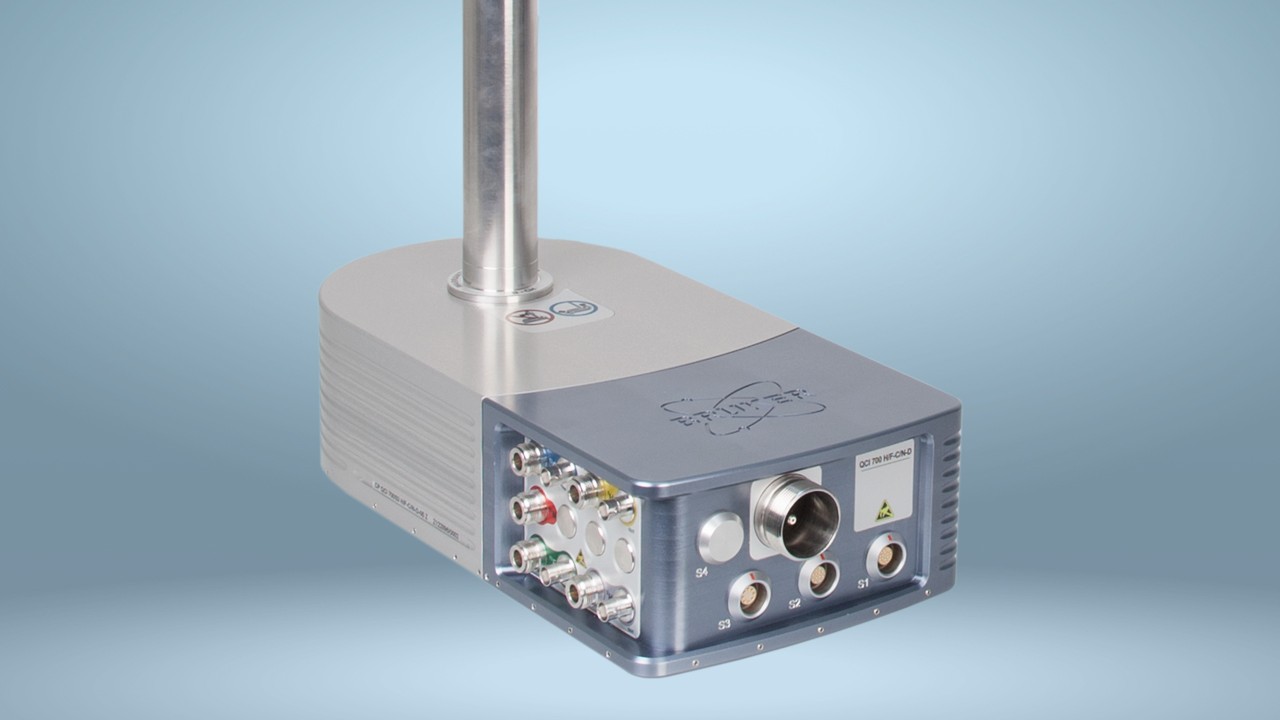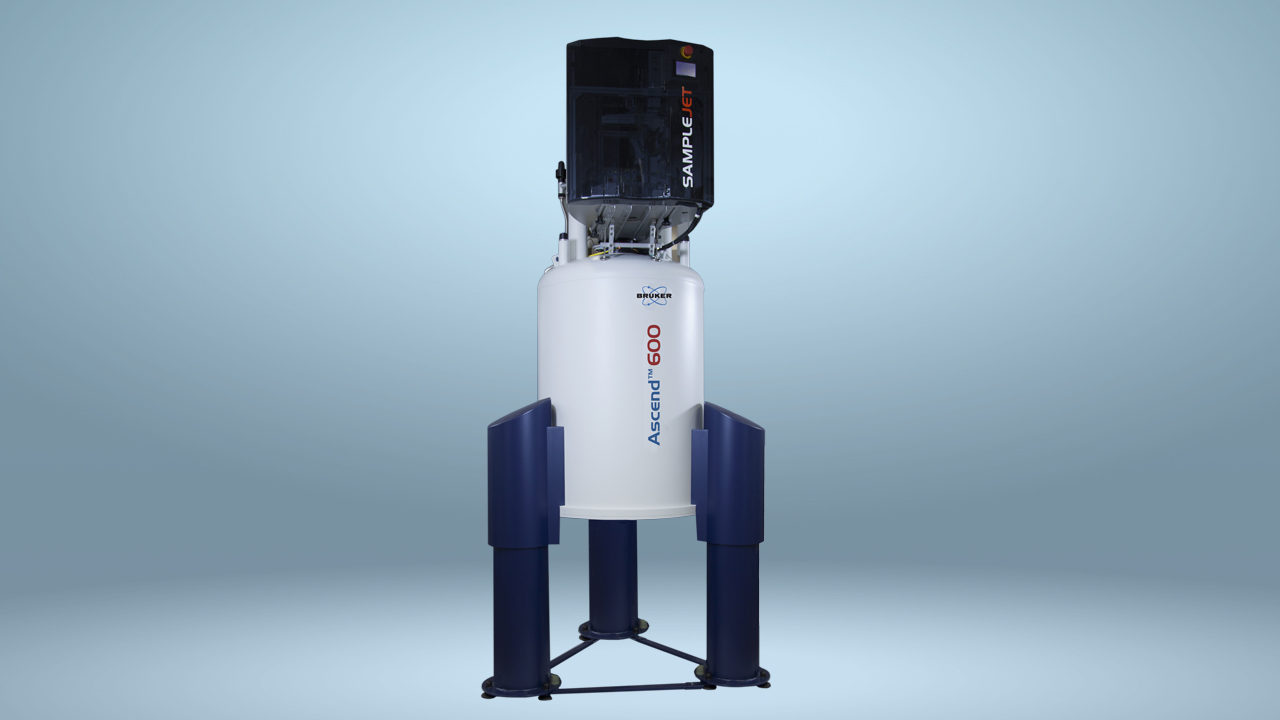

Lead Discovery and Optimization
Overview
Complete workflow from fragment library quality check, cocktail design and automated hit identification to quantitative assessment of binding (Kd) and the 3D analysis of ligands.
Library Definition
- Quality check of fragment libraries with (Mnova Gears, Verify & qNMR)
- Cocktail design with MixDesign.
Library Screening
- Handling of screening sample with SampleJet
- Standard and customizable 1H and 19F NMR screening experiments can be run in automation
- High 1H and 19F sensitivity with CryoProbes (QCIF)
- Automated 1H and 19F hit detection with the integration of FBS with Mnova Screen
Structural Biology
Mnova Binding automatically processes protein-ligand titration 2D HSQC, tracks the peak movement and calculates the Kd’s for multiple peaks.
Lead Optimization
The 3D conformations adopted by a free ligand in solution affects binding affinity for the pharmaceutical target. Their structural analysis helps to speed up lead optimization.
Mnova StereoFitter generates 3D conformational populations using experimental NMR constraints (qNOE, chemical shift and J coupling).
Features
- Automatic acquisition of 1H and 19F NMR experiments with IconNMR. Default experiments can be found in the Bruker library:
- 1H NMR screening experiments with buffer/water suppression: 1H 1D, Saturation Transfer Difference,
waterLOGSY,
- T2 and T1rho
- 19F screening experiment with decoupling.
- TopSpin fragment-based-screening functionality bridges acquisition with analysis. Upon acquisition data are automatically analysed by Mnova Screen. The results are reported in Mnova Screen in a Power-Point-like format.
- Protein-observed screening uses the Chemical Shifts Perturbation (CSP) method. H-C correlation experiment (HSQC) of the target with increasing amounts of ligand is then performed before the data is analyzed using Mnova Binding, which enables vizualisation of the data and the determination of Kd.
- Mnova StereoFitter computes the probability of 3D structural configurations and/or conformations, based on various forms of NMR experimental data input. Currently, StereoFitter can accept four distinct types of input to calculate the best 3D structure candidate(s): NOEs, RDCs, Js, and chemical shifts.
- The workflows can be enriched with a Mnova DB, to store, for example, the screening data and 1D spectra of fragments which are frequently used during the fragment screening experiments.
Benefits
- NMR sensitivity to fragment binding ideally matches the range of weak affinities where fragments are expected (Kd, the dissociation constant, is in the range of micromolar [μM] to several millimolar [mM])
- The NMR screening experiments offers both binding and ligands/s structural information
- NMR is unique in determining experimentally the ligand’s conformation in solution (3D analysis), unravelling the conformational change between solution and bound state
- The selectivity and wide dispersion intrinsic to 19F NMR, makes 19F screening an attractive method
- It can accommodate up to 30 fragments in a mixture
- High sensitivity owing to strong T2 effects
- Selectivity: no fluor in protein samples
- 19F fragment libraries commercially available. - Given that a typical screening can generate hundreds of spectra, automated and robust data analysis software enables lead discovery and optimization with minimal manual operations and superior reproducibility.
- All requesite software tools are now included in the new Lead discovery and Optimization Suite. Contact us for more information!!
LabScape
Service & Life Cycle Support for Magnetic Resonance and Preclinical Imaging
Bruker’s commitment to provide customers with unparalleled help throughout the buying cycle, from initial inquiry to evaluation, installation, and the lifetime of the instrument is now characterized by the LabScape service concept.
LabScape Maintenance Agreements, On-Site On-Demand and Enhance Your Lab are designed to offer a new approach to maintenance and service for the modern laboratory

